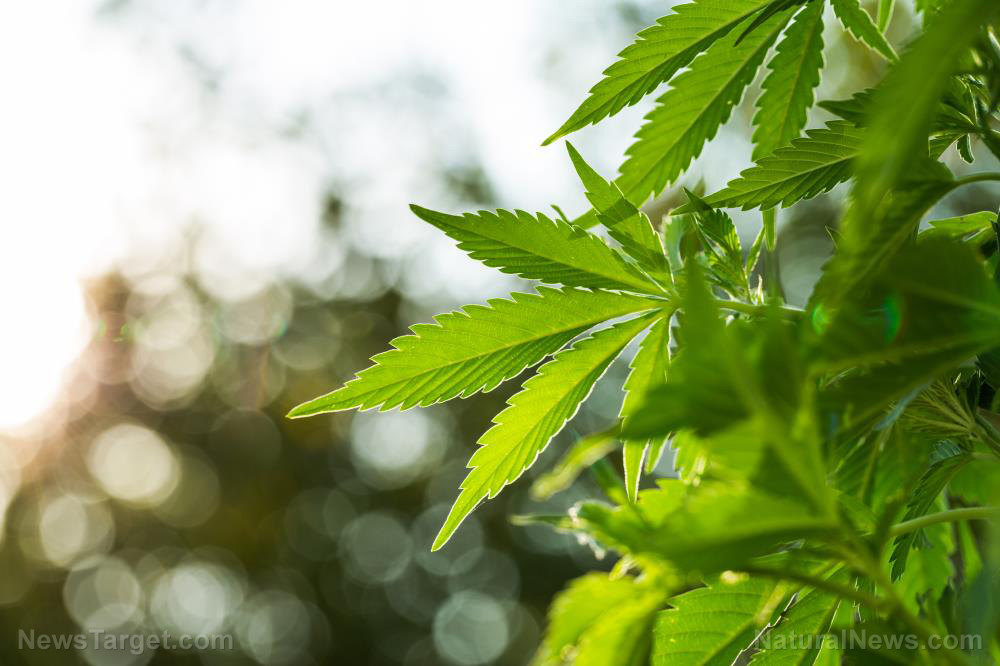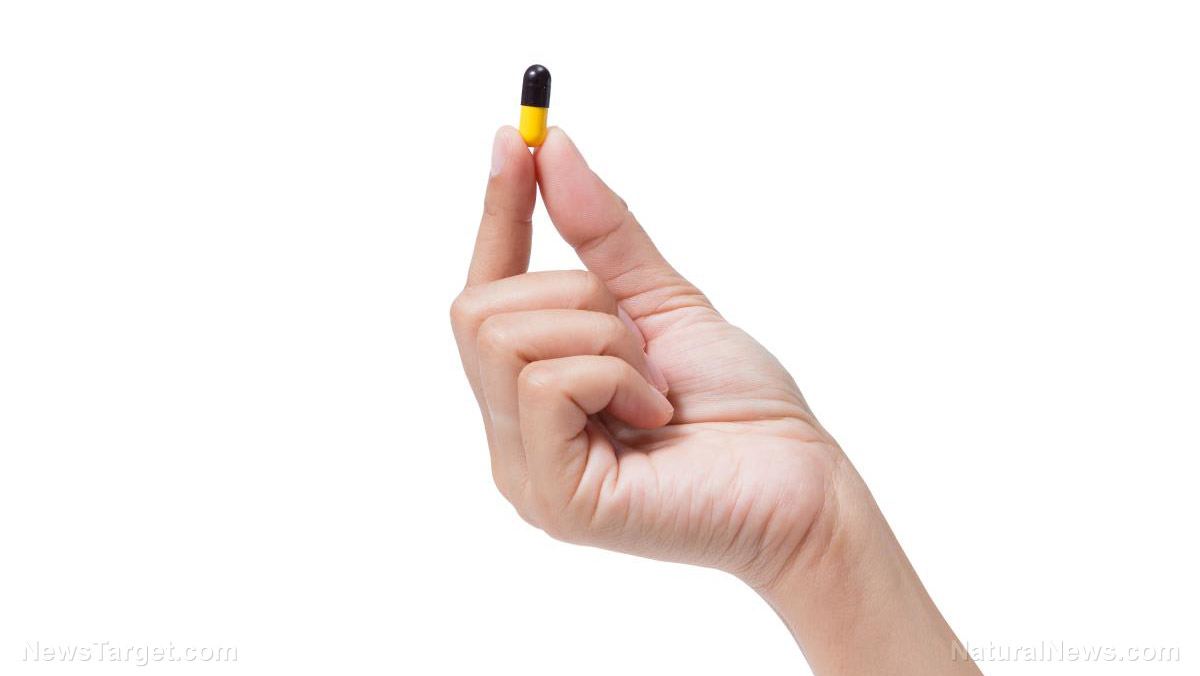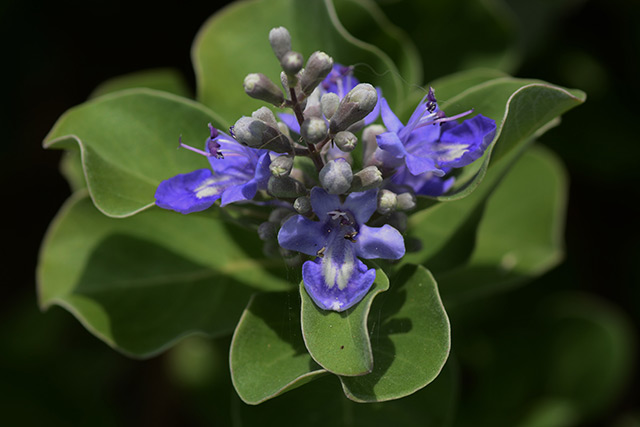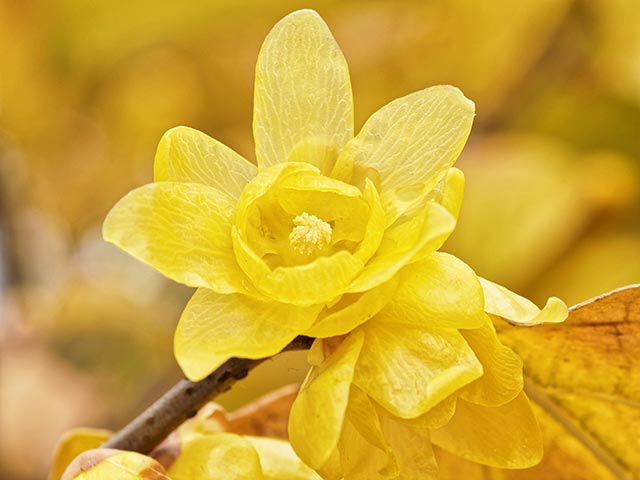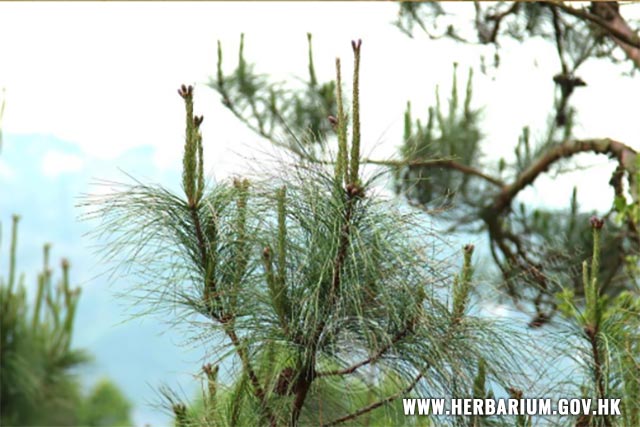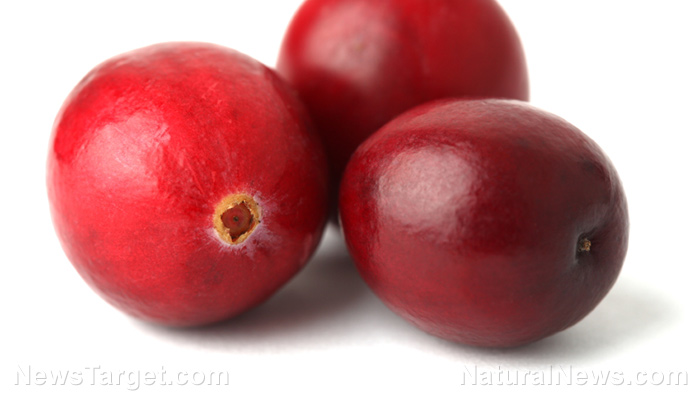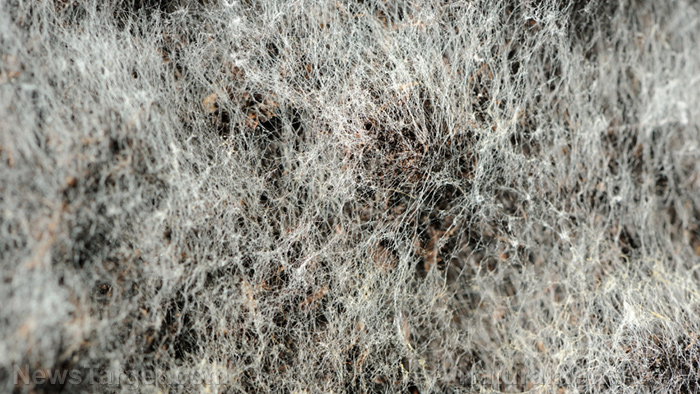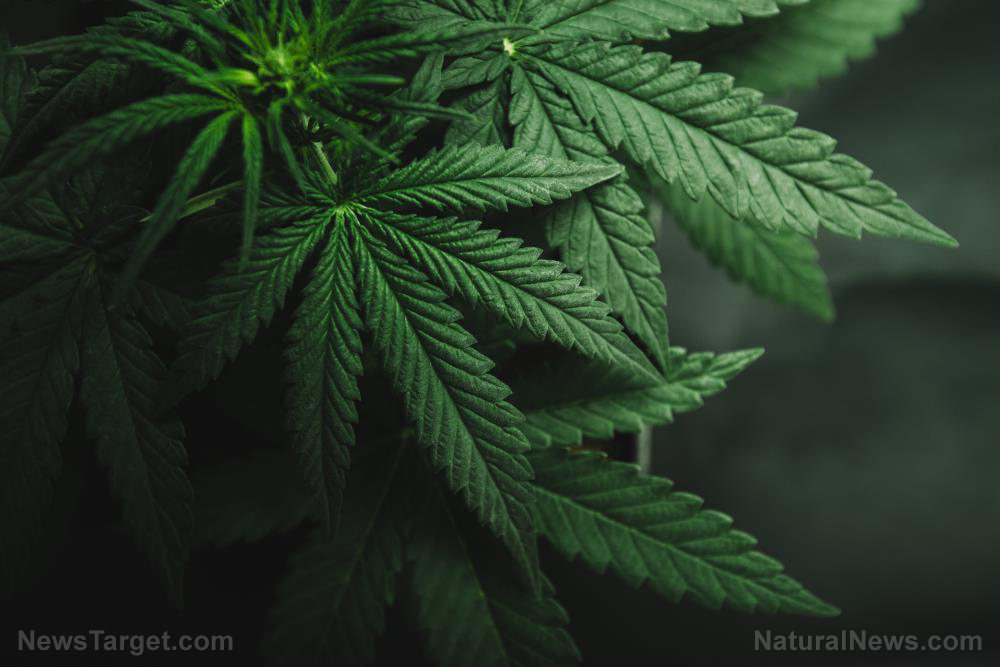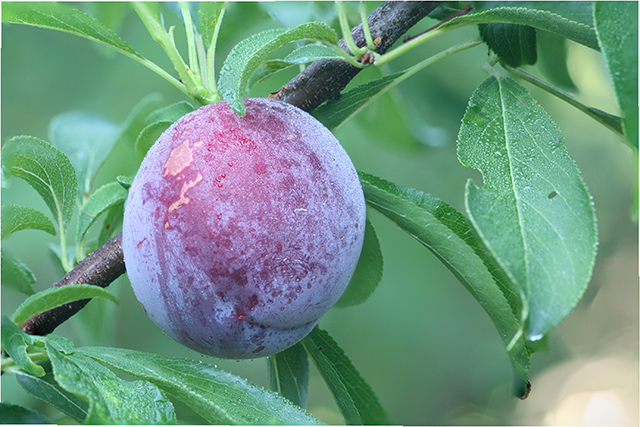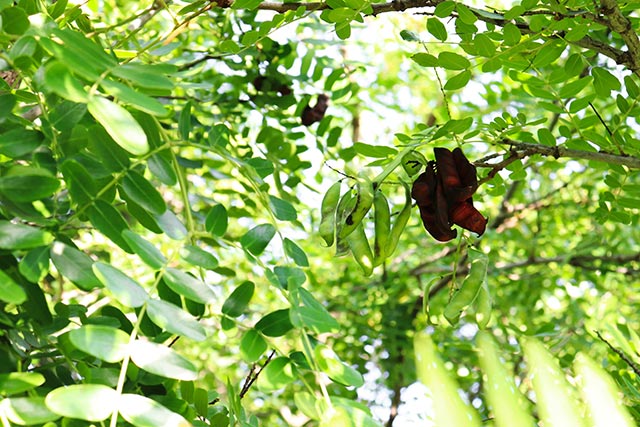Chinese medicine formula Wu-Mei-wan found to prevent Type 2 diabetes
06/13/2019 / By Evangelyn Rodriguez

In these two studies, researchers from Huazhong University of Science and Technology in China investigated the mechanisms underlying wu mei wan’s ability to protect pancreatic beta cells and reduce insulin resistance. The results of their studies were published in BMC Complementary and Alternative Medicine and Evidence-Based Complementary and Alternative Medicine, respectively.
- Wu mei wan (WMW) is a traditional Chinese herbal formulation prescribed clinically to treat diabetes mellitus in China.
- In their latest study, researchers treated mice with three different concentrations of WMW: 4800 milligram per kilogram body weight (mg/kg bw), 9600 mg/kg bw, and 19,200?mg/kg bw.
- They collected blood samples from the mice to determine fasting blood glucose (FBG) and serum insulin levels.
- They measured the expression of proteins related to apoptosis, such as cysteinyl aspartate-specific proteinase 12 (caspase-12) and B-cell leukemia 2 (Bcl-2), using Western blot.
- They used enzyme-linked immunosorbent assay (ELISA) to test for the presence of interleukin-1 beta (IL-1B), interleukin-18 (IL-18), monocyte chemoattractant protein-1 alpha (MCP-1a), and tumor necrosis factor-alpha (TNF-a) in the pancreas.
- They did immunohistochemistry staining of F4/80 to measure the pancreatic infiltration of macrophages.
- Lastly, they used immunofluorescence staining of the NLRP3 inflammasome to measure the expression of proteins related to apoptosis and inflammation.
- The researchers found that WMW dose-dependently reduced FBG and promoted serum insulin secretion in the treated mice.
- WMW protected pancreatic beta cells by decreasing caspase-12 and increasing Bcl-2 expression.
- WMW also reversed the upregulation of IL-1B, IL-18, MCP-1a, and macrophage-specific surface glycoprotein F4/80 in diabetic mice.
- In their previous study, the researchers used HepG2 cells pretreated with palmitate to impair the insulin signaling pathway.
- Treatment with WMW restored the impaired insulin signaling, upregulated the expression of phospho-IR, phosphatidylinositol 3-kinase p85 subunit, phosphoprotein kinase B, and glucose transporter 4.
- WMW also decreased IRS serine phosphorylation and IL-1B, TNF-a, and NLRP3 inflammasome expression.
The power of the elements: Discover Colloidal Silver Mouthwash with quality, natural ingredients like Sangre de Drago sap, black walnut hulls, menthol crystals and more. Zero artificial sweeteners, colors or alcohol. Learn more at the Health Ranger Store and help support this news site.
The researchers concluded that WMW inhibits the activation of the NLRP3 inflammasome and reduces proinflammatory cytokine production to alleviate insulin resistance, protect pancreatic beta cells, and prevent Type 2 diabetes.
Read the full texts of the previous study and the latest study.
Journal References:
Yang X, Li L, Fang K, Dong R, Li J, Zhao Y, Dong H, Yi P, Huang Z, Chen G, Lu F. WU-MEI-WAN REDUCES INSULIN RESISTANCE VIA INHIBITION OF NLRP3 INFLAMMASOME ACTIVATION IN HEPG2 CELLS. Evidence-Based Complementary and Alternative Medicine. 27 August 2017;2017:1–10. DOI: 10.1155/2017/7283241
Yang X, Lu F, Li L, Li J, Luo J, Zhang S, Liu X, Chen G. WU-MEI-WAN PROTECTS PANCREATIC ? CELLS BY INHIBITING NLRP3 INFLAMMASOME ACTIVATION IN DIABETIC MICE. BMC Complementary and Alternative Medicine. 31 January 2019;19(1). DOI: 10.1186/s12906-019-2443-6
Tagged Under: alternative medicine, antidiabetes, apoptosis, blood sugar, diabetes mellitus, disease treatments, fasting blood glucose, herbal medicine, Herbs, immune system, inflammation, insulin resistance, natural cures, natural medicine, pancreas, prevention, remedies, research, TCM, traditional Chinese medicine, Type 2 Diabetes, wu mei wan

